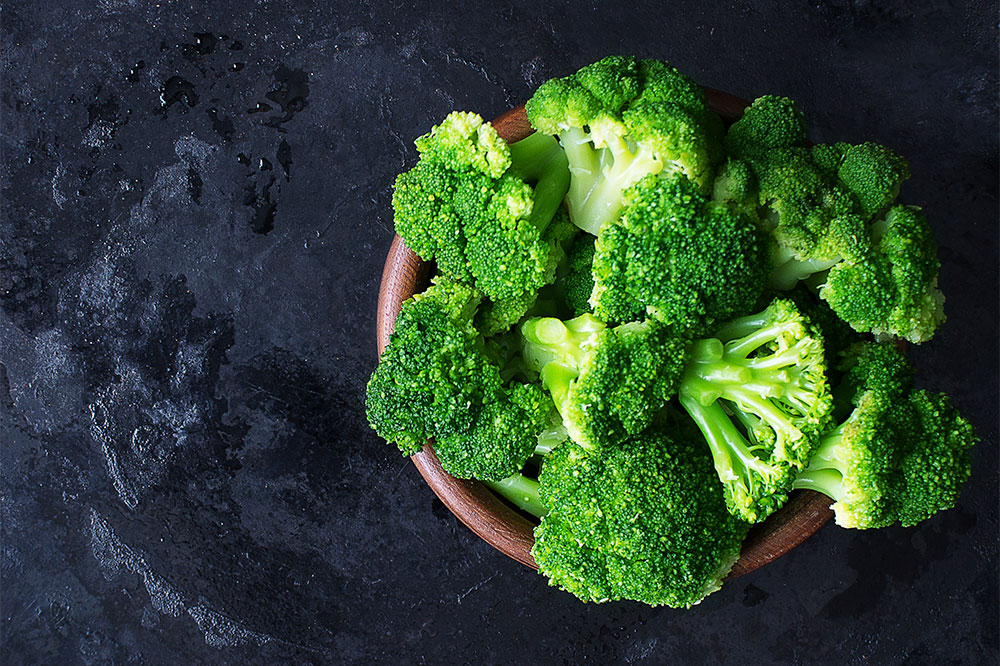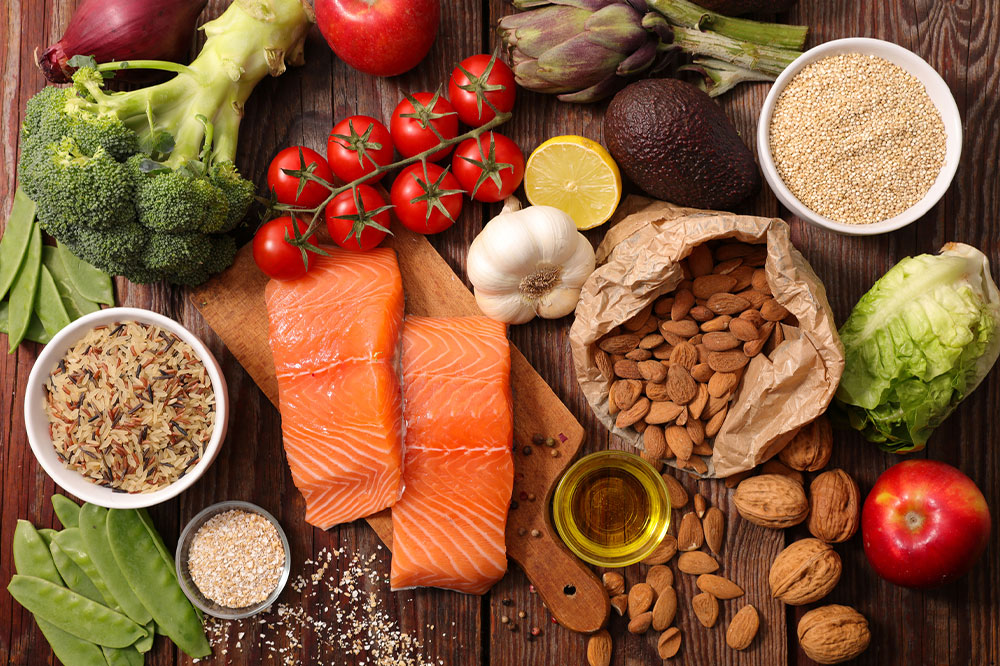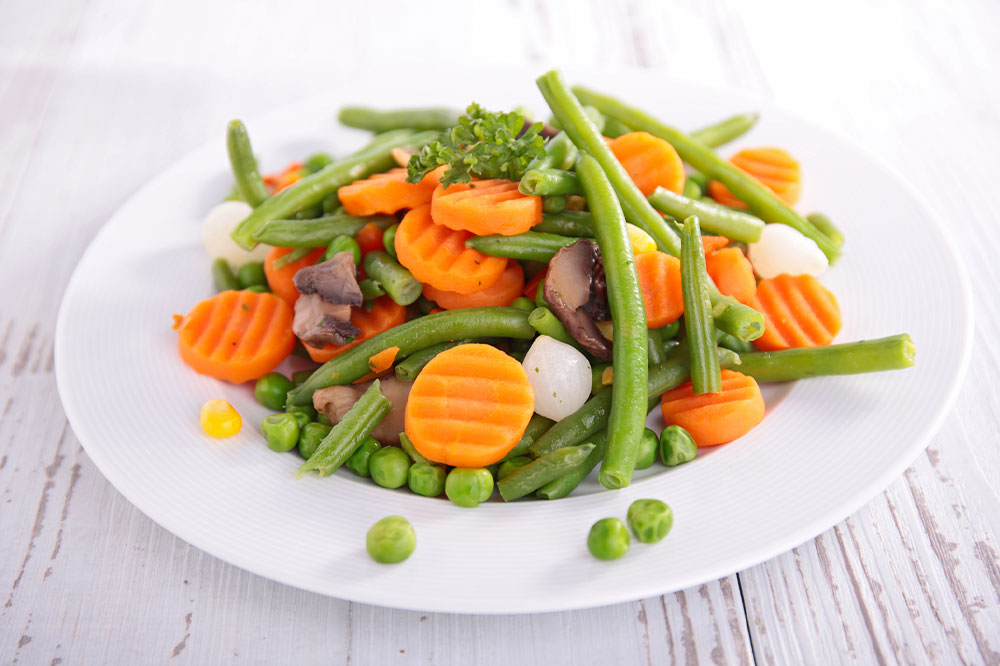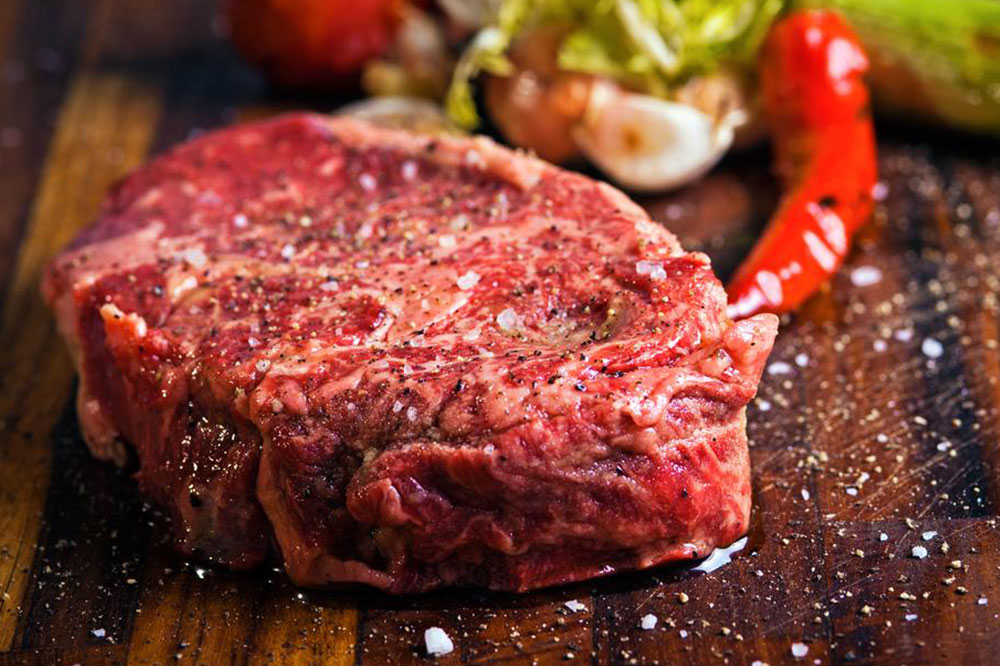Comprehensive Guide to 6 Herbs and Spices with Potential Cancer Prevention Benefits
Explore six powerful herbs and spices with potential cancer-fighting properties. This comprehensive guide introduces parsley, wheatgrass, ginger, grape seed extracts, licorice root, and turmeric, emphasizing their health benefits and how to incorporate them into your diet for cancer prevention. While not a substitute for medical treatment, these natural ingredients can boost your immune system and reduce oxidative stress. Learn how these herbs can serve as a valuable addition to a cancer-preventive lifestyle. Consult healthcare professionals before making changes to your diet or supplement routine.
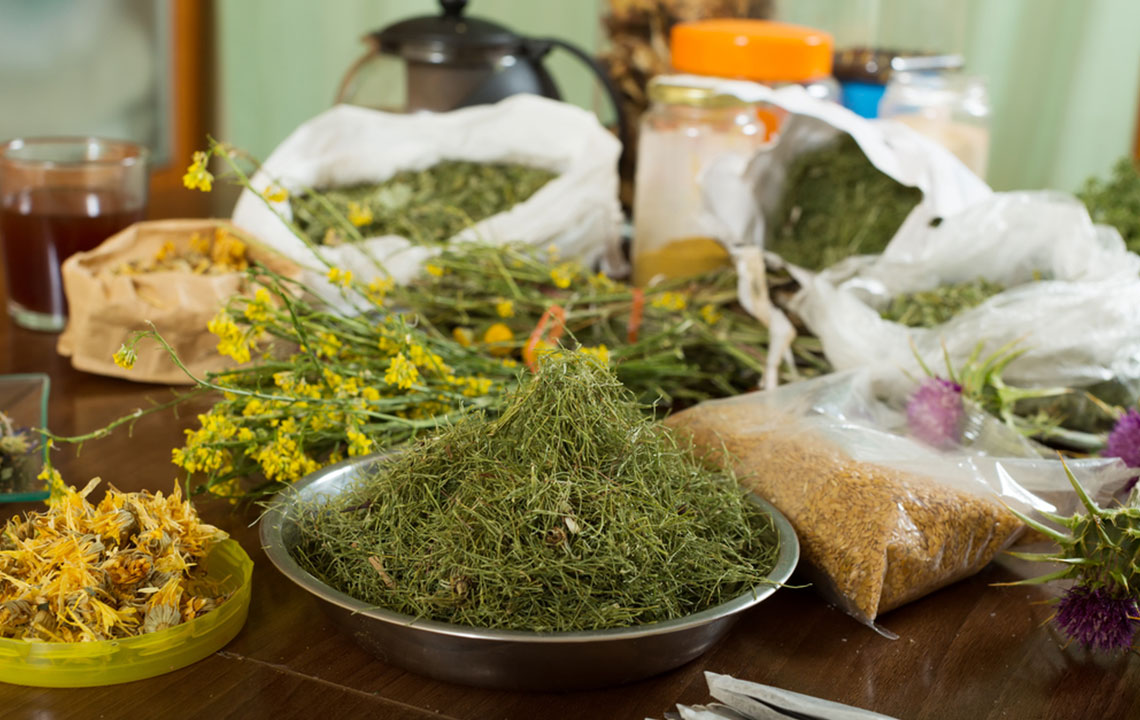
Comprehensive Guide to 6 Herbs and Spices with Potential Cancer Prevention Benefits
Cancer remains one of the leading health challenges worldwide, influenced by a complex interplay of genetic, environmental, and lifestyle factors. While modern medicine continues to advance treatment options, prevention through dietary choices is increasingly recognized as a vital strategy. Certain herbs and spices have garnered attention for their potential cancer-fighting properties, largely due to their high antioxidant content and ability to combat oxidative stress. Although definitive scientific evidence is still evolving, traditional medicine and emerging research suggest that incorporating specific herbs and spices into your diet may bolster your body's defenses against cancer development.
Parsley
Parsley is a common culinary herb known for its vibrant flavor and versatility. Beyond its culinary uses, it is packed with quercetin, a powerful plant pigment with demonstrated antioxidant, antiviral, and anti-inflammatory properties. Quercetin plays a role in reducing oxidative stress—a process linked with aging and cancer development—by neutralizing harmful free radicals. Incorporating parsley into daily meals, such as salads, smoothies, or soups, can enhance flavor and may contribute to cancer risk reduction. Additionally, parsley can be brewed into tea, offering a concentrated dose of beneficial compounds.
Wheatgrass
Wheatgrass, derived from young wheat plants, is celebrated for its detoxifying and alkalizing properties. Its rich array of chlorophyll, antioxidants, and enzymes helps eliminate toxins from the body and maintain an optimal pH balance. Regular intake—such as 2 ounces of fresh wheatgrass juice daily—may support immune function, promote tissue repair, and potentially reduce cancer risks. Wheatgrass can be incorporated into smoothies, salads, or baked goods, making it a convenient addition for health-conscious individuals aimed at cancer prevention and general wellness.
Ginger Root
Ginger has long been appreciated not only for its culinary appeal but also for its potent medicinal properties. Its bioactive compounds, particularly gingerol, exhibit anti-inflammatory, antioxidant, and anti-cancer effects. Ginger helps reduce inflammation, which is a key factor in many chronic diseases, including cancer. Furthermore, ginger aids in digestion and can alleviate nausea, especially during treatments like chemotherapy. Fresh ginger is preferred over processed powders to maximize therapeutic benefits. It can be added to soups, teas, smoothies, or used as a flavor enhancer in various dishes, providing both health benefits and culinary delight.
Grape Seed Extracts
Extracted from grape seeds, these supplements are rich in oligomeric proanthocyanidins — potent antioxidants known to support circulation and reduce signs of aging. Research indicates that grape seed extracts may inhibit the proliferation of cancer cells, primarily through their ability to protect DNA from oxidative damage and support cell apoptosis. They are available in supplement form or as concentrated oils, which can be added to foods or applied topically under medical supervision. Consulting with a healthcare professional is recommended before starting any new supplement regimen for cancer prevention.
Licorice Root
Licorice root has a long history of use in traditional medicine across various cultures. Its bioactive components, such as glycyrrhizin, exhibit anti-inflammatory, antiviral, and detoxifying properties. Licorice supports liver health and boosts immune function, which are critical in fighting off carcinogenic processes. It can be consumed as herbal tea or taken in supplement form, but dosage and duration should be discussed with healthcare providers to avoid adverse effects. Proper use may contribute to reducing the risk of certain cancers associated with inflammation and toxin accumulation.
Turmeric
With its vibrant yellow hue, turmeric contains curcumin, a compound renowned for its powerful antioxidant, anti-inflammatory, and anti-cancer properties. Research suggests that curcumin may inhibit the initiation, progression, and metastasis of various cancers by modulating molecular pathways involved in cell growth and apoptosis. Culinary uses of turmeric—from golden lattes and smoothies to hearty stews—can be enjoyed daily, providing both flavor and potential health benefits. In addition to dietary intake, turmeric supplements are available for targeted therapeutic purposes, especially in oncology settings.
Incorporating these herbs and spices into your diet may serve as a proactive approach to reducing cancer risk. While they are not cures, their potential protective effects add an important dimension to a balanced, health-conscious lifestyle. Remember, consult healthcare professionals before making significant dietary changes or starting new supplements, especially if undergoing medical treatments or managing existing health conditions. Embrace these natural ingredients not only for their flavor but also for their potential to support long-term health and well-being.
